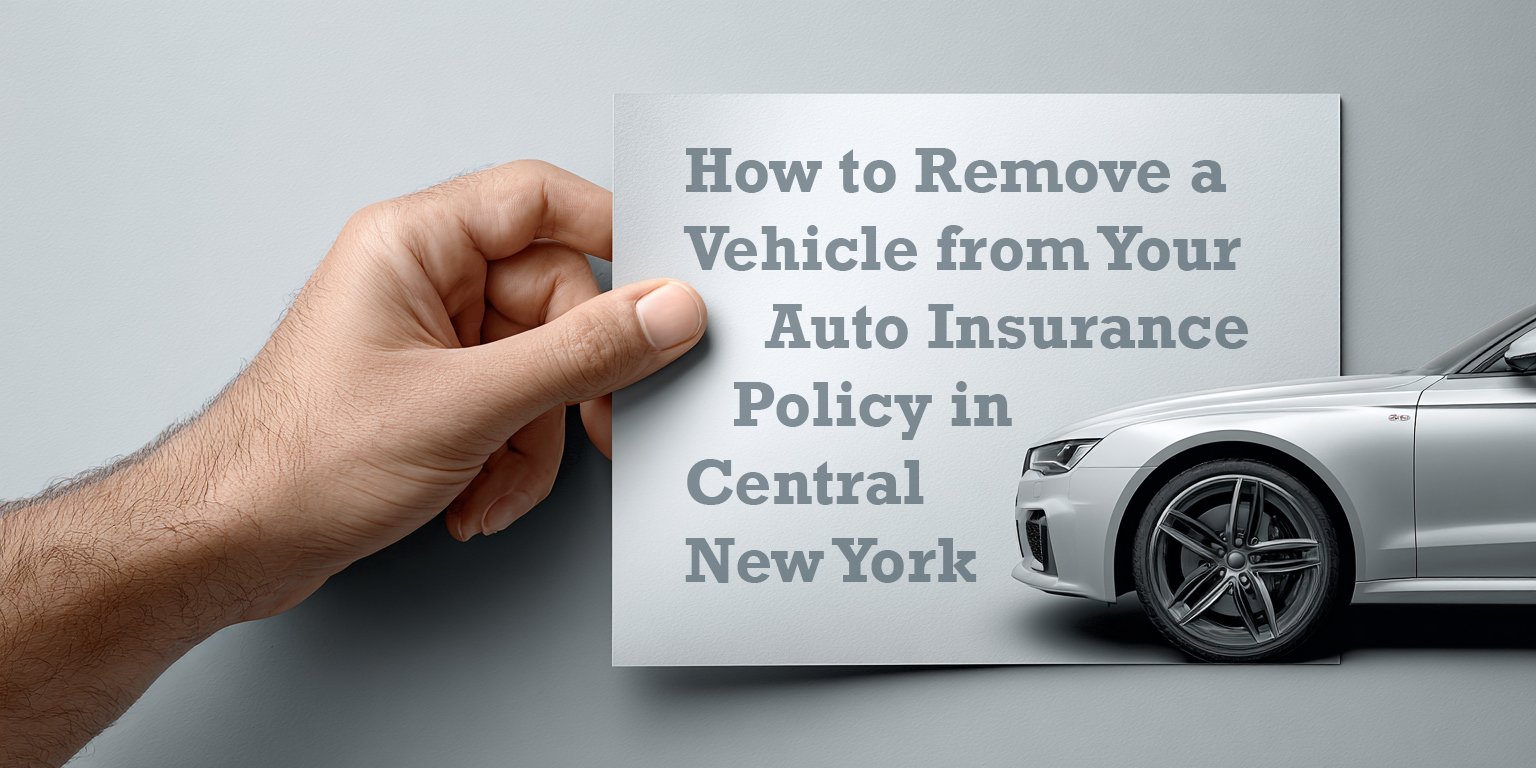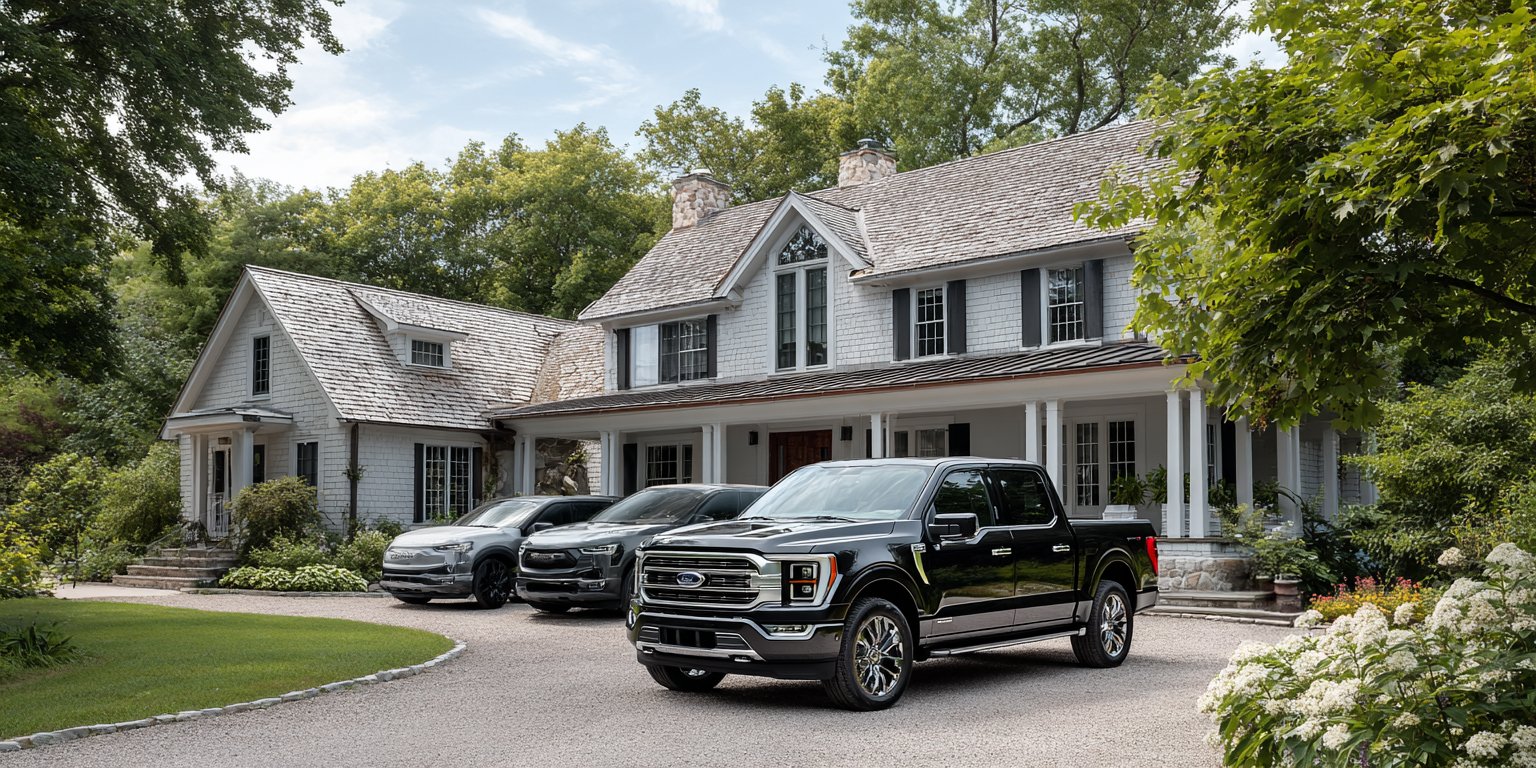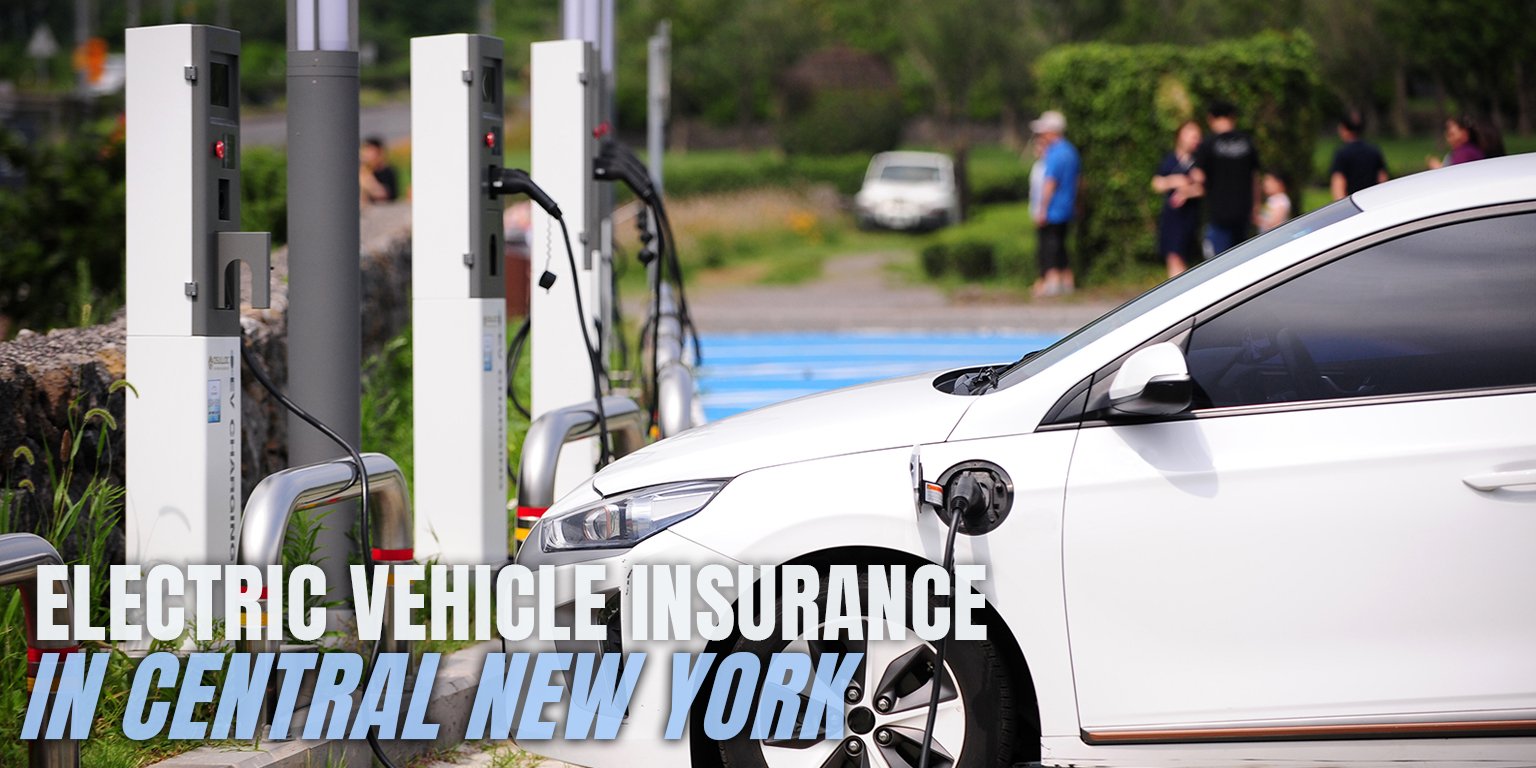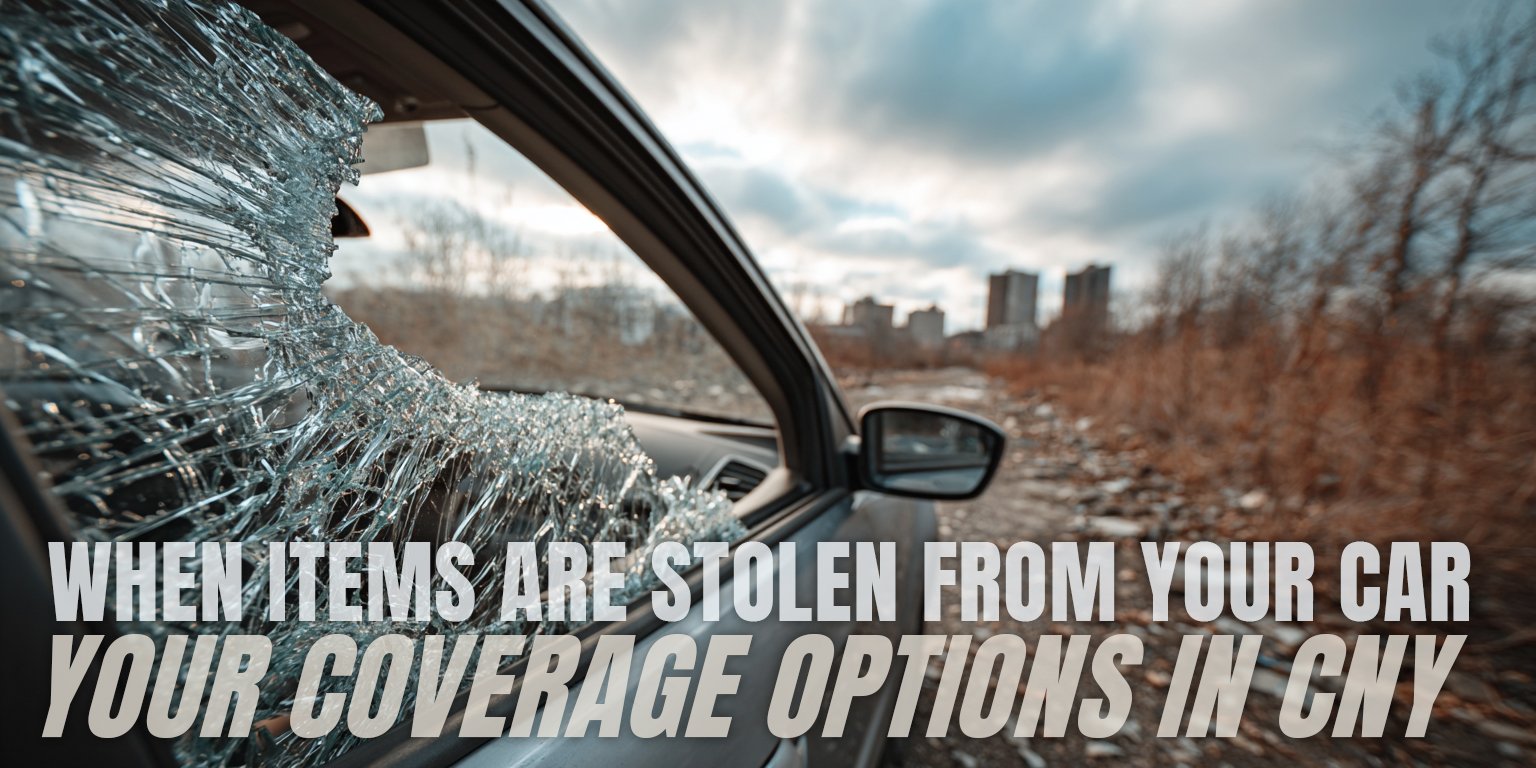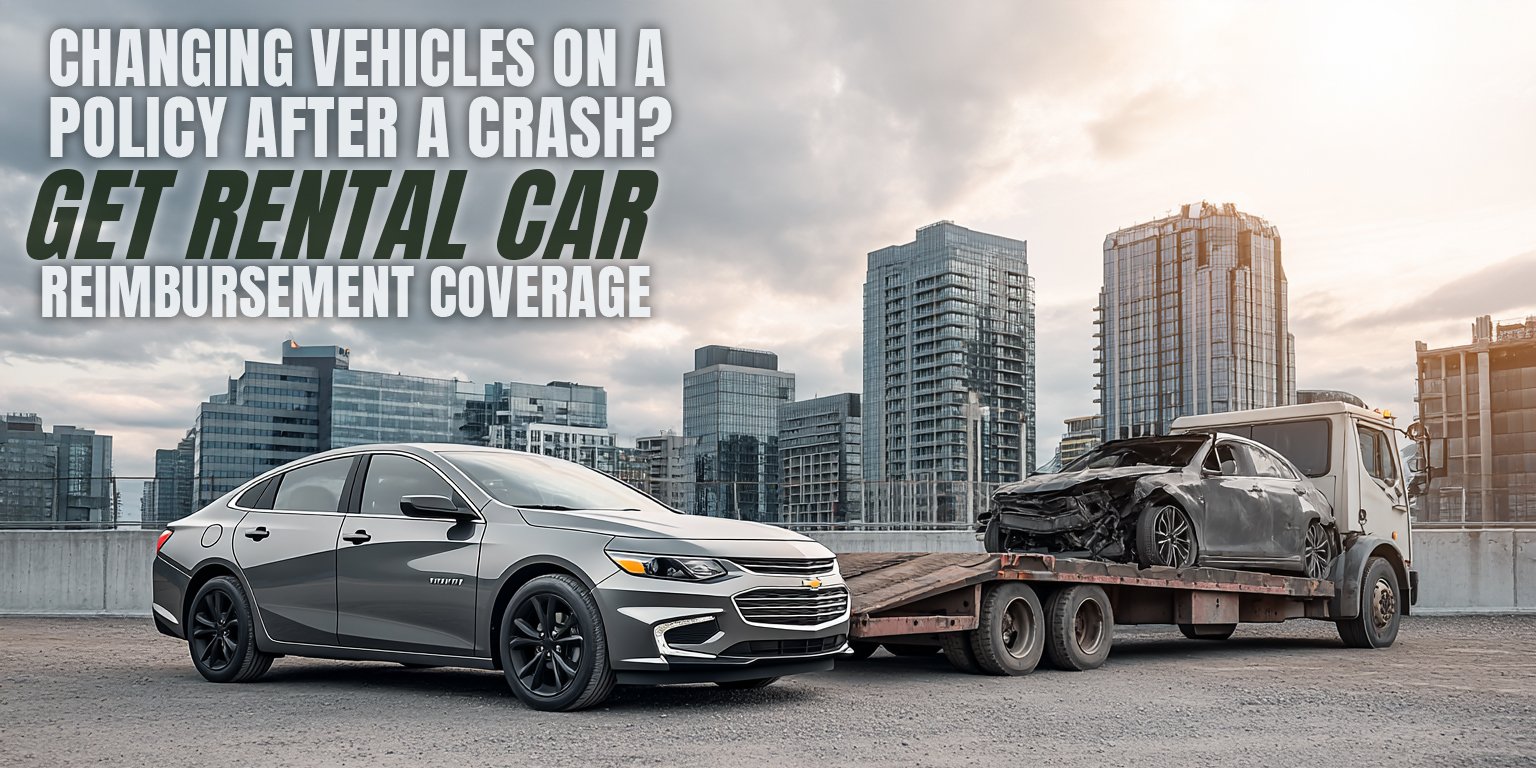Does My Personal Auto Insurance Cover Business Use
June 14th, 2024
4 min read
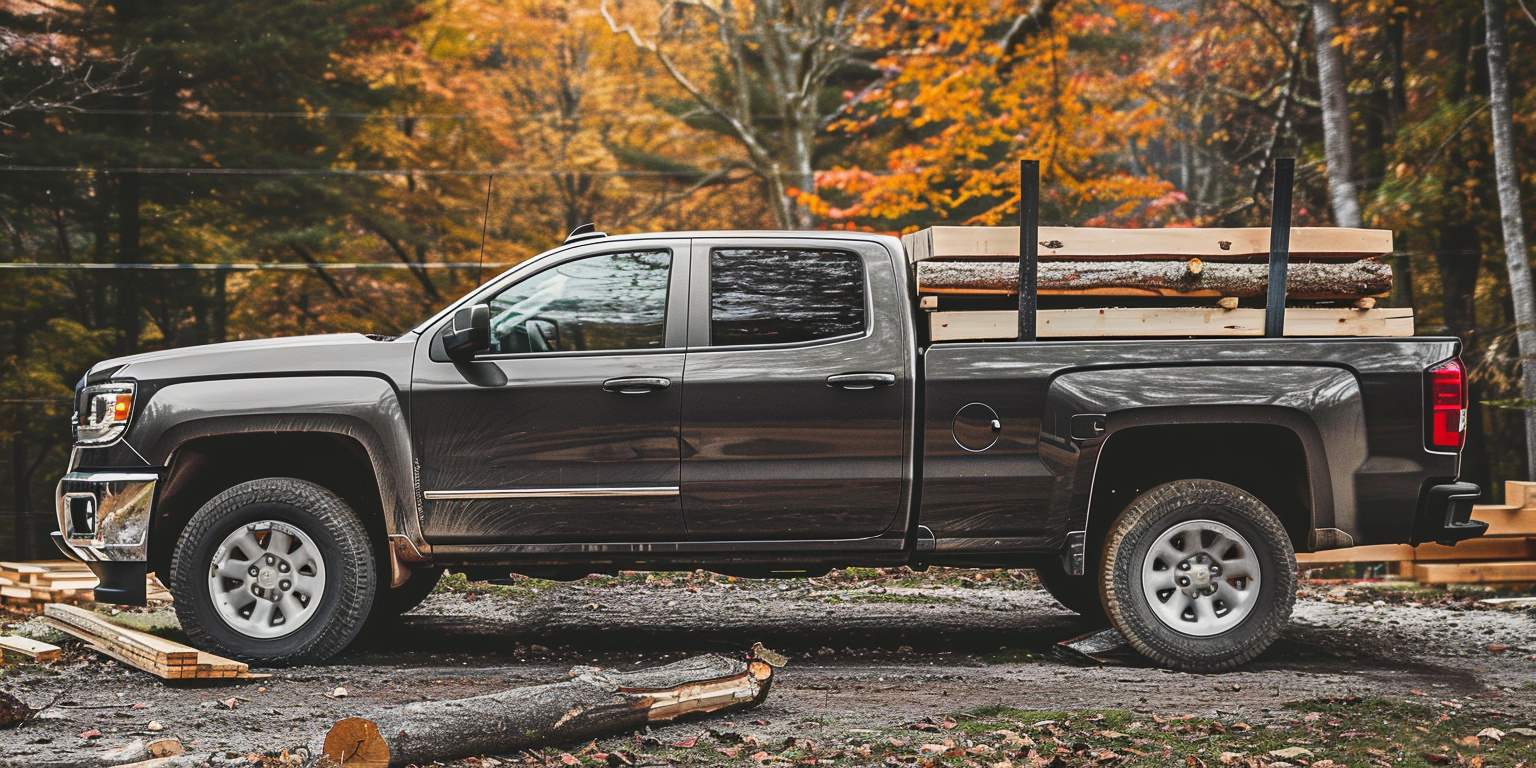
Are you using your personal vehicle for work? You're not alone. Many people in Central New York rely on their own cars to get the job done. But here's the catch: your personal auto insurance policy might not cover you when you're driving for business purposes. And if you're not properly insured, an accident could put your livelihood at risk.
At the Horan insurance agency, we understand the challenges you face when trying to navigate the complex world of insurance. That's why we're here to help.
As an independent agency working with multiple carriers, we have the knowledge and expertise to guide you toward the right coverage for your unique situation.
In this article, we'll dive into the details of business use coverage for personal vehicles. We'll explore what counts as “business use,” how it differs from other uses for personal auto insurance, and what you need to do to make sure you're properly protected.
By reading to the end, you'll have a clear understanding of how to safeguard your vehicle for business use.
What Is Considered Business Use of a Personal Vehicle?
When we're talking about business use of a personal vehicle, it's important to define what that means. We're not talking about commercial vehicles like dump trucks, which aren't insured under personal auto insurance policies.
Instead, we're referring to using your personal vehicle for work-related purposes in addition to your everyday personal use, such as driving to the grocery store or taking your kids to school.
The Three Classifications of Vehicle Use
There are three main ways a vehicle can be classified for insurance purposes:
- Pleasure use: This means you only drive your vehicle for personal, non-work-related activities. You don't use it to commute to a regular workplace or for any business purposes.
- Commute: If you drive your vehicle to the same workplace or most days of the week, park it, and then drive it home at the end of the day, that's considered commute use. This may include occasional trips to lunch during your workday.
- Business use: If your vehicle use doesn't fall under pleasure or commute, it's likely considered business use. This could include driving to various office locations, visiting clients if you're a real estate agent, or using your vehicle for sales calls if you're a salesperson. Business use typically involves more varied and extensive driving patterns compared to pleasure or commute use.
To more about these three use classes, read Avoiding Coverage Gaps: Tips for Properly Insuring Your Personal Vehicle Use for Work.
When Personal Auto Insurance May Not Cover Business Use
While personal auto insurance can often cover some business use of your vehicle, there are situations where it may not be sufficient.
If you start using your vehicle for more extensive commercial purposes, such as snow plowing, contracting work, or even wrapping your vehicle in a full-blown advertising decal, you've crossed over into needing a commercial auto insurance policy.
The Importance of Properly Classifying Your Vehicle Use
To ensure you have the right coverage, it's crucial to inform your insurance agent about how you're using your vehicle for work. They can then help you adjust your policy to reflect the appropriate business use classification.
If you fail to do this and you're using your vehicle in a way that's not reflected on your policy, you could face serious consequences.
In the event of a claim, your insurance carrier will likely still pay out, but they may also choose to non-renew your policy or even cancel it outright. This is because the risk profile of your vehicle use has changed from what was originally agreed upon.
Insurance carriers want to maintain a transparent and equal agreement with their policyholders. They'll cover you as long as you're using your vehicle in the way you've stated. If that changes, it's your responsibility to let them know so they can reassess the risk and determine if they can still provide coverage and under what terms.
The Increased Cost of Business Use Coverage
When you classify your vehicle for business use, you can expect to pay a slightly higher premium compared to pleasure or commute use.
The increase isn't typically overwhelming, but it's important to factor this into your budget when considering using your personal vehicle for work.
Potential Challenges with Out-of-State Travel
One situation that could cause issues with your personal auto insurance coverage is if you plan to regularly leave the state for business purposes.
 For example, if you're a salesperson operating out of Baldwinsville and your territory spans multiple states in the upper Northeast corridor, your insurance carrier may not be comfortable extending coverage for such a wide radius of travel.
For example, if you're a salesperson operating out of Baldwinsville and your territory spans multiple states in the upper Northeast corridor, your insurance carrier may not be comfortable extending coverage for such a wide radius of travel.
Typically, if you stay within about a 100-mile radius of your home base, you should be okay. However, if you'll be spending significant time outside of your home state, even within that 100-mile range, your insurance carrier will want to know about it.
Depending on their comfort level and the specifics of your situation, you may need to seek a different type of policy.
The willingness to cover out-of-state travel can vary between insurance carriers. A national carrier like Progressive Insurance, which writes policies in every state, may be more flexible.
On the other hand, a regional carrier like NYCM, which only writes policies in New York, may be hesitant to cover even a small percentage of out-of-state miles, as it falls outside their intended coverage area when they originally wrote your policy.
Be Proactive in Communicating with Your Insurance Provider
It's crucial to be proactive in communicating with your insurance agent or carrier about your vehicle use. If you'll be using your personal vehicle for business purposes, especially if it involves out-of-state travel, make sure to discuss this with them upfront.
They can then work with you to find the right coverage solution for your specific situation. Remember, these changes won't happen automatically—it's your responsibility to initiate the conversation and make sure your policy accurately reflects your vehicle use.
We Work with Carriers That Can Tailor Auto Coverage to Your Specific Situation
Using your personal vehicle for business can open up a world of opportunities, but it also comes with unique risks. Without the right insurance coverage, an accident could jeopardize your financial well-being and your ability to keep your business running smoothly.
At Horan, we strive to be your advocate and guide in navigating the complex landscape of personal auto insurance for business use. Our experience working with multiple carriers gives us an informed perspective that allows us to tailor coverage to your specific situation.
We'll work with you to ensure that you have the protection you need to drive with composure and security, knowing that you're prepared for whatever the road may bring.
Don't let uncertainty about your insurance hold you back from pursuing your business goals. Take the first step toward protecting your vehicle and your livelihood.
Click the Get a Quote button below to start a conversation with our knowledgeable team today.
And learn the difference between business use and commercial use for auto insurance.
Daniel is an accomplished content creator. He has been working in publishing for almost two decades. Horan Companies hired Daniel as its content manager in November 2022. The agency entrusted its messaging to him. Since then, Daniel has written insurance articles, service pages, PDF guides, and more. All in an effort to educate CNY readers. He's helping them understand the world of insurance so they can make informed decisions.
Topics:






